Table of Contents
Khaled El-Rouayheb is a British Academy Postdoctoral Research
Fellow at the Faculty of Divinity University of Cambridge.
The University of Chicago Press, Chicago 60637
The University of Chicago Press, Ltd., London
2005 by The University of Chicago
All rights reserved. Published 2005
Printed in the United States of America
14 13 12 11 10 09 08 07 06 05 1 2 3 4 5
ISBN: 0-226-72988-5 (cloth)
Parts of chapter 2 appeared as The Love of Boys in Arabic Poetry of the Early Ottoman Period, 1500 -1800, Middle Eastern Literatures 8, no. 1 (January 2005) : 3-22, Taylor & Francis Ltd.
Library of Congress Cataloging-in-Publication Data
El-Rouayheb, Khaled.
Before homosexuality in the Arab-Islamic world, 1500-1800 : Khaled El-Rouayheb. p. cm.
Revision of the authors thesis (doctoral)University of Cambridge.
Includes bibliographical references and index.
ISBN 0-226-72988-5 (cloth : alk. paper)
1. HomosexualityArab countriesHistory. 2. Sodomy-Arab countries-History. 3. Homosexuality in literature. I. Title.
HQ76-3.A65E576 2005
306.76609174927- dc22
2005008022

The paper used in this publication meets the minimum requirements of the American National Standard for Information SciencesPermanence of Paper for Printed Library Materials, ANSI Z39.48-1992.
To discover from the history of thought that there are in fact no such timeless concepts, but only the various different concepts which have gone with various different societies, is to discover a general truth not merely about the past but about ourselves.
QUENTIN SKINNER,
Meaning and Understanding in the History of Ideas
Acknowledgments
The present work is a revised version of a PhD dissertation submitted at the University of Cambridge. I would like to thank Corpus Christi College, the Cambridge European Trust, and the Board of Graduate Studies of the University of Cambridge for jointly funding my PhD research. Without their generous support, the present study would not have been possible.
My supervisor, Basim Musallam, was a constant source of support and advice during the years spent writing my dissertation. Abd al-Rahim Abu-Husayn of the American University of Beirut first supported me in my belief that a study such as this would be feasible, and introduced me to the sources of the period. Michael Cook, Geert Jan van Gelder, James Montgomery, Samir Seikaly, and Tarif Khalidi kindly read earlier versions of this work, and their comments and suggestions saved me from many a mistake and oversight. Two anonymous reviewers for the University of Chicago Press also wrote detailed and helpful reviews of the penultimate version. My thoughts on the topic have benefited from discussions with David M. Halperin, Saleh J. Agha, Joseph Massad, Martha Mundy, Annabel Keeler, Jacob Skovgaard-Petersen, Emran Mian, Frdric Lagrange, and Mohammad Rihan. Douglas Mitchell of the University of Chicago Press gave crucial support to the idea of publishing this work. Russell Harper carefully edited the manuscript I submitted, correcting or pointing out a number of stylistic infelicities and obscurities. Christine Schwab conscientiously supervised the book through the proof reading stage. My work is much the better for the kind contributions of everyone mentioned. I have, however, undoubtedly failed to do justice to all comments and suggestions, and the remaining shortcomings are my own.
My research would not have been possible were it not for the resources of the following libraries, kindly made available to me by their curators, librarians, and staff: Cambridge University Library; the Library of the Faculty of Oriental Studies in Cambridge; the British Library; the Jafet Library of the American University of Beirut; the Library of the London School of Oriental and African Studies; the Berlin Staatsbibliothek (Preussischen Kulturbesitz) ; the Princeton University Library; and the Chester Beatty Library in Dublin. During my research trips, I enjoyed the hospitality of family and close friends: Mona El-Rouayheb, Marwan El-Rowayheb, Malek Shareef, and Nisreen Salti. Maher Jarrar, Samer Traboulsi, Suleiman Mourad, and Amal Ghazal kindly helped me to obtain out-of-the-way books and copies of manuscripts.
Special thanks to Manja Klemeni, for her support and patience; and to my parents, for ... everything.
Introduction
The present study is an attempt to reconstruct the way in which male homosexual behavior and feelings were conceived and evaluated in the Arab-Islamic Middle East between 1500 and 1800, the centuries immediately preceding the beginnings of modernization and westernization in the nineteenth century. My central contention is that Arab-Islamic culture on the eve of modernity lacked the concept of homosexuality, and that writings from the period do not evince the same attitude toward all aspects of what we might be inclined to call homosexuality today. An appreciation of this point is crucial to understanding attitudes toward homosexuality in the premodern Arab-Islamic world.
Tolerance of Homosexuality?
The Arabic literature of the early Ottoman period (1516 -1798) is replete with casual and sometimes sympathetic references to homosexual love. Biographical dictionaries, poetic anthologies, and belletristic works on profane love relate, usually without any hint of disapproval, the pederastic love affairs of prominent poets, religious scholars, and political notables. Much if not most of the extant love poetry of the period is pederastic in tone, portraying an adult male poets passionate love for a teenage boy. A popular topic amongst poets and belletrists was whether beardless or downy-cheeked youths were more appropriate objects of passionate love. The general picture suggested by such passages is reinforced by European travel accounts of the period. Many travelers were of course silent on the issue, but several noted, usually with astonishment or disgust, that local men openly flaunted their amorous feelings for boys. For example, the Englishman Joseph Pitts, a sailor who was a captured and sold into slavery at Algiers in 1678, to escape fifteen years later, noted:
This horrible sin of Sodomy is so far from being punishd amongst them, that it is part of their ordinary Discourse to boast of their detestable Actions of that kind. Tis common for Men there [Algiers] to fall in Love with Boys, as tis here in England to be in Love with Women.
The French traveler C. S. Sonnini, who visited Egypt between 1777 and 1780, made a similar observation:
The passion contrary to nature ... the inconceivable appetite which dishonored the Greeks and Persians of antiquity, constitute the delight, or, to use a juster term, the infamy of the Egyptians. It is not for the women that their amorous ditties are composed: it is not on them that tender caresses are lavished ; far different objects inflame them.
To be sure, such testimony from often bigoted travelers should be treated with caution. However, their claims receive support from the fact that Muslim travelers who rediscovered Europe in the first half of the nineteenth century found it noteworthy that the men there did not court or eulogize male youths. For example, the Moroccan scholar Muhammad al-Saffr, who visited Paris in 1845 - 46, wrote:
Flirtation, romance, and courtship for them take place only with women, for they are not inclined to boys or young men. Rather, that is extremely disgraceful to them.

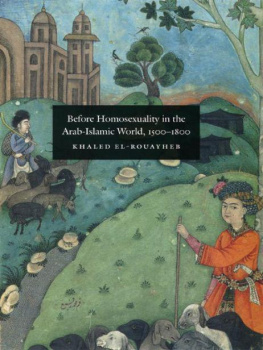

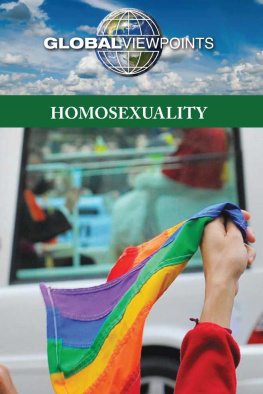
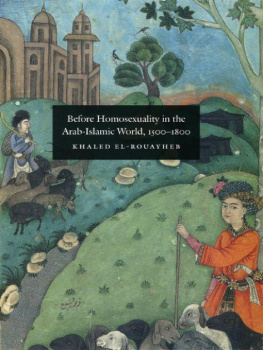
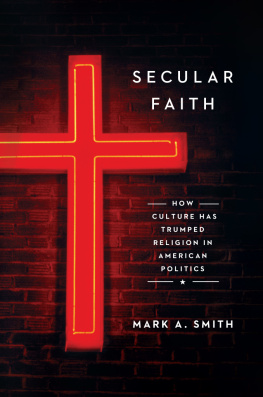
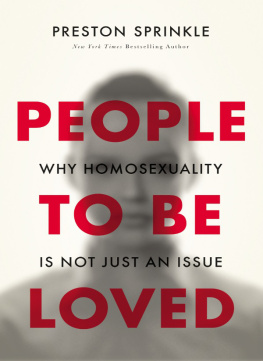
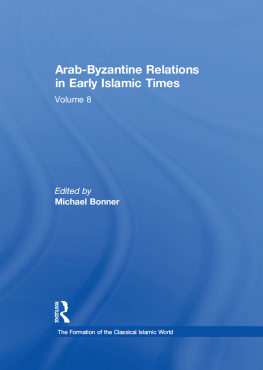
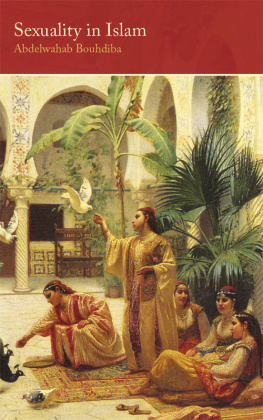
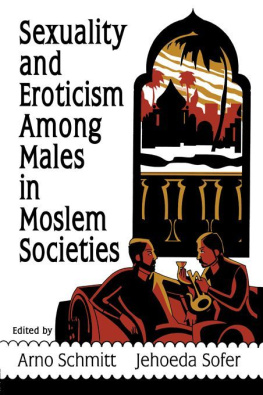
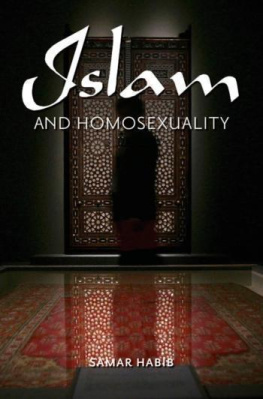

 The paper used in this publication meets the minimum requirements of the American National Standard for Information SciencesPermanence of Paper for Printed Library Materials, ANSI Z39.48-1992.
The paper used in this publication meets the minimum requirements of the American National Standard for Information SciencesPermanence of Paper for Printed Library Materials, ANSI Z39.48-1992.